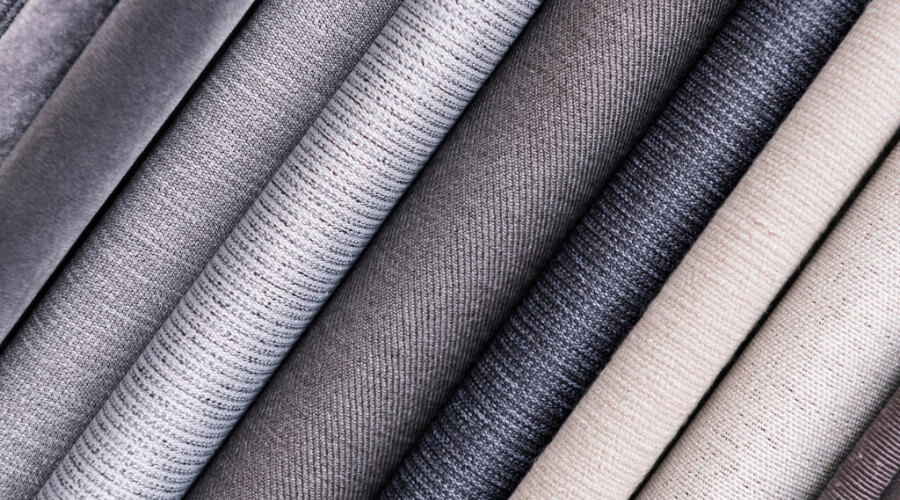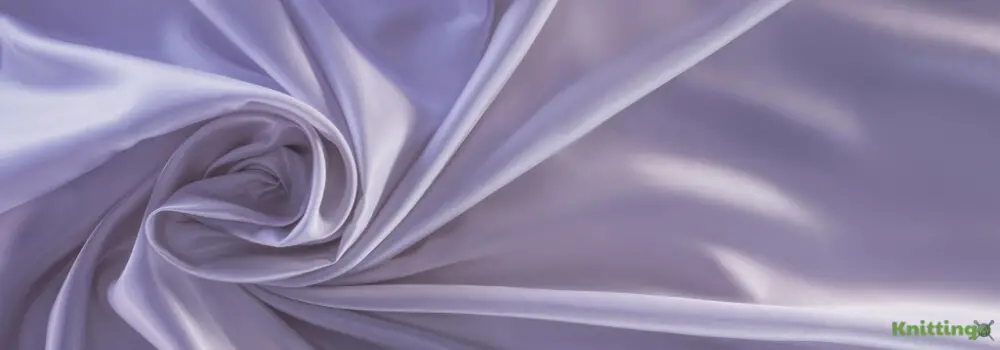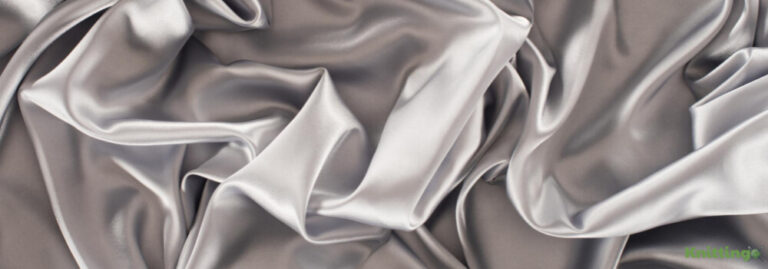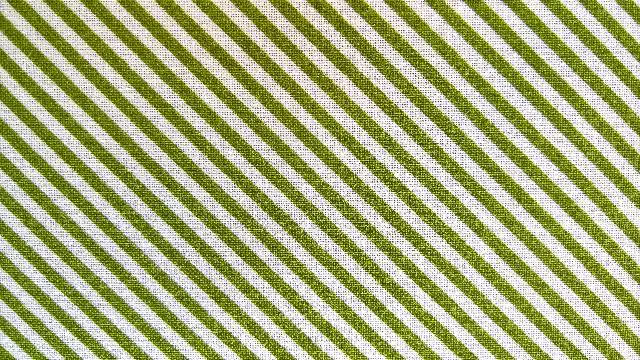With Nylon fabrics, it is important to know how much they can shrink. If you are not sure, there are a few guidelines that you should follow.
Fabrics can either shrink or stretch but generally, Nylon fabric will shrink a little more than the average material. This is because of the synthetic materials that make up the fabric and their different properties. The amount of shrinkage will depend on what kind of Nylon fabric you have as well as how long it has been before washing it for the first time.
Nylon fabric has a shrink factor of 18%. This means that if you buy a 100-yard piece of nylon fabric, it will shrink to about 72 yards after being washed and dried. There are many reasons why nylon fabrics can shrink. The most common reason is due to the fabric being washed in hot water or dryer heat for too long, which causes the fibers to contract and pull together tightly. Another reason could be the washing machine, as it may have a hot cycle which can cause shrinking.
A new fabric is only the size it is supposed to be when it comes out of the factory. This doesn’t necessarily mean that your Nylon Fabric is going to shrink when you wash it.
We’ve all heard old wives’ tales that say that nylon will shrink in the wash, or maybe even when you just touch it with water. But in reality, not so much. Nylon fabrics are actually very resistant to shrinking in either hot or cold water.
Conditions When Nylon And Polyester Shrinks

Nylon and polyester are some of the most popular fabrics used in the clothing industry. This is because they are durable, breathable, and affordable. However, there are many factors that can cause these fabrics to shrink.
1) The fabric has been washed too many times in hot water.
2) The fabric has been left sitting in direct sunlight for a long period of time.
3) There is too much moisture in the air or on the surface where the fabric is lying.
4) The fabric was damp when it was being ironed or sewn together.
5) There was dirt on the surface where it was being sewn together.
6) It was not air-dried after being washed.
7) When nylon shrinks it will become smaller in circumference but maintain its length. Polyester on the other hand will become shorter when it shrinks.
Characteristics Of Nylon Fabrics

Nylon is a synthetic polymer that was invented in 1938. The nylon fibers are processed in a variety of ways, including weaving, knitting, and other textile treatments to produce fabrics.
This process creates the following 10 properties of Nylon fabrics:
1) Durability
Nylon is the most popular synthetic fiber. It was introduced by DuPont in 1939 and gained instant popularity because of its durability, elasticity, and affordability. It is used by both industrial and consumer manufacturers for clothing, carpets, ropes, upholstery fabrics, etc.
Nylon fabrics are often used in the making of athletic clothing, swimwear, and underwear. They are strong and lightweight, so they can be layered for warmth without adding bulkiness.
2) Strength
Nylon is a synthetic fabric that is used in everything from clothes to carpets. The fabric’s characteristics can be altered to suit the needs of the product being created.
3) Hypoallergenic
Nylon fabrics are a popular choice for fashion designers due to their hypoallergenic properties. Nylon is resistant to dust and pollen, so it is less likely to trigger allergies or asthma. It also resists stains from water or oil, so it’s easier to clean up from spills. Plus, nylon is a durable fabric that does not shrink in the wash.
4) Good Abrasion Resistance
Nylon Fabrics are synthetic fabrics with high abrasion resistance properties. They are most often made from polyamide and have a characteristic sheen, making them a popular choice for fashion designers.
5) Moisture-Wicking
Nylon is a synthetic fiber that has the ability to absorb and evaporate moisture faster than any other fabric. This quality makes Nylon fabrics great for athletic wear, ski wear, workwear, and outerwear.
6) Resistant To Mold And Mildew
Nylon fabrics are resistant to mold and mildew, two of the most common causes of damage in fabrics. Mildew is a type of fungus that thrives when moisture is present for extended periods of time and can cause unpleasant odors. Molds are a type of fungi that grow in warm, moist environments. In contrast to other types of fabric, nylon does not absorb water easily and therefore tends not to lose its color or shape any time soon.
7) Heat And Flame Resistant
Flame resistance can be defined as the ability to resist the ignition and propagation of flame under specified conditions. It is a property that is very desirable for certain applications, such as upholstery in aircraft, garments, and other items that are exposed to open fire.
8) UV Protection
Nylon fabric is a synthetic, lightweight, and durable material. It has UV protection properties which make it an excellent choice for outdoor wear. The material blocks out 98% of UVA and UVB rays, making it an excellent choice for those who spend time outdoors.
9) Food Safe
Nylon is a synthetic fiber made from petroleum, coal, water, and air. It is a durable and waterproof fabric that also has a high resistance to heat. Nylon can be used as a substitute for silk, wool, and cotton.
10) Easy To Care For
Nylon fabric is a versatile, durable, and easy-to-care-for material. This fabric can be used in a variety of clothing items such as jackets, skirts, dresses, and more. Nylon is also great for making rugs or tapestries.
Conclusion
It’s safe to say that Nylon Fabrics do not shrink in the wash! Nylon is a type of synthetic material that is most often used in the production of ropes, nets, sails, flags, banners, and drysuits. It is considered to be more durable than polyester. Nylon fabrics have been traditionally been strong for their weight and resistant to wrinkles that can be caused by heavy use or storing garments in tight spaces which makes them the perfect choice for the modern traveler. They also dry quickly after being washed which is important when you’re on vacation.







